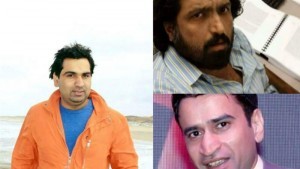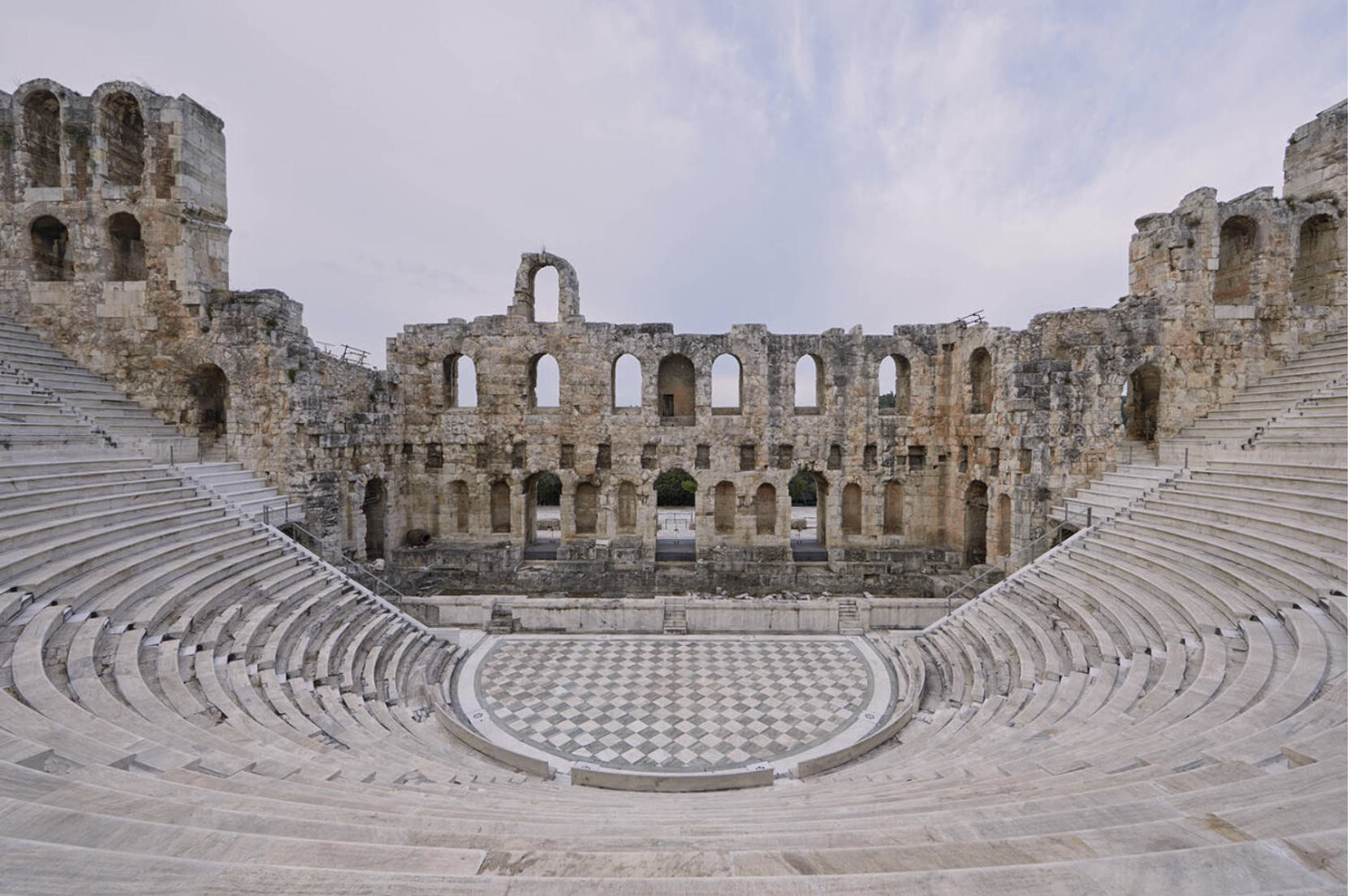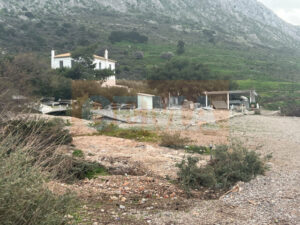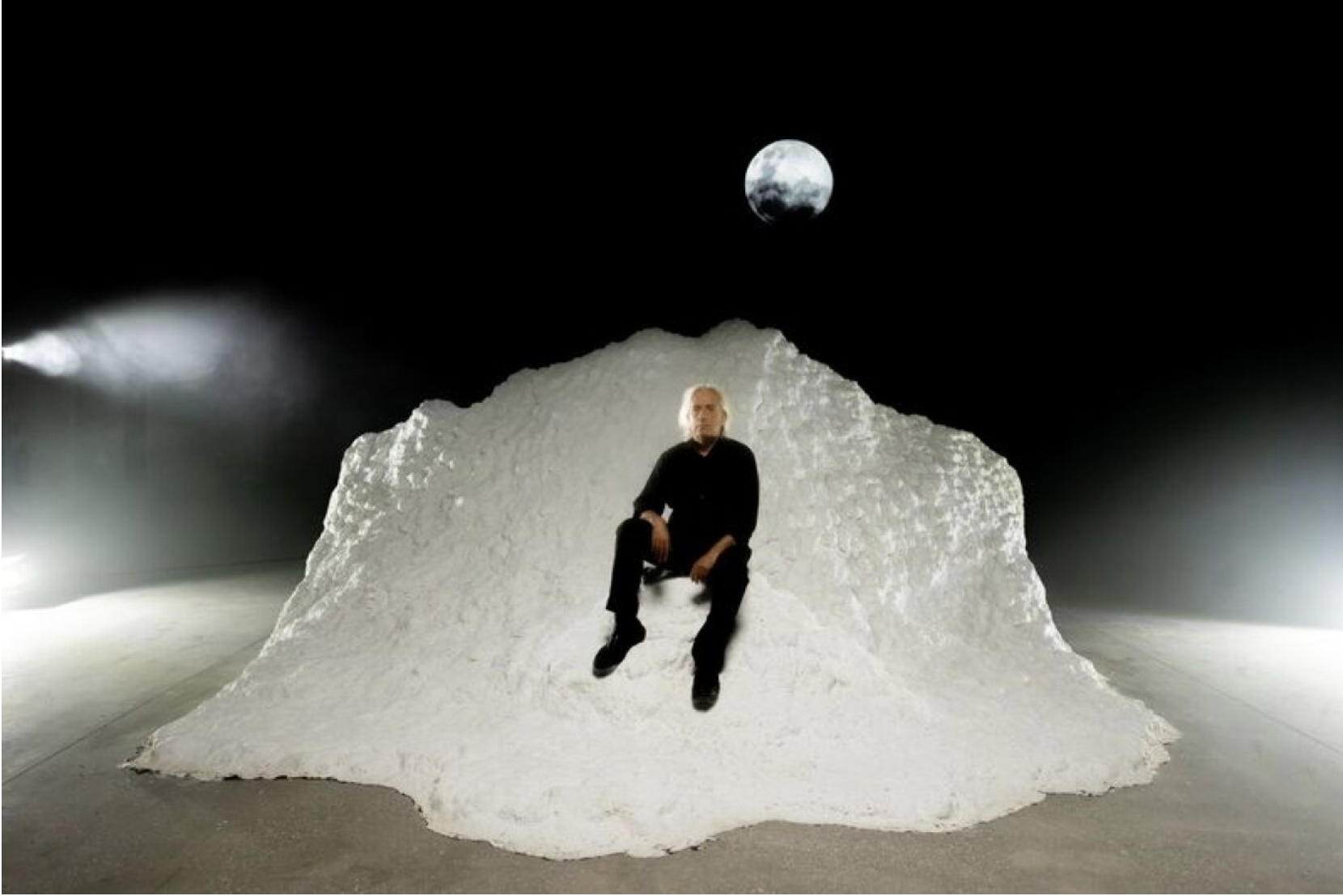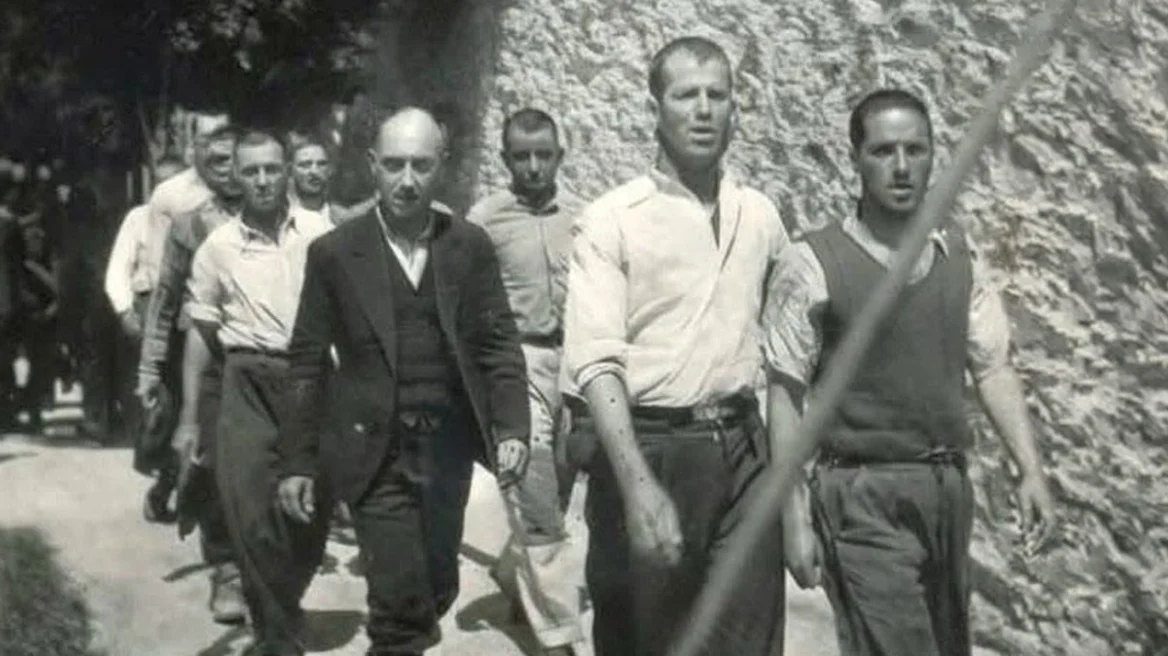At least four activists known for their liberal views on social media have gone missing in Pakistan this week, according to relatives and workers of nongovernmental organisations.
A cybersecurity NGO said two of the men, Waqas Goraya and Asim Saeed, disappeared on January 4, while the relatives of Salman Haider said he vanished on January 6 and Ahmed Raza Naseer on January 7.
All four were active on social-media groups promoting left-wing, secularist views, often against the country’s military and the conservative establishment.
The opposition Pakistan’s People’s Party submitted a request in parliament on Monday seeking an answer from the interior ministry on the disappearances, which it labelled a planned and coordinated crackdown to silence voices critical of state policies.
Family worried
Speaking to Al Jazeera by phone from Islamabad, Haider’s brother said that his family is worried about his health as he suffers from a medical condition called anaphylaxis.
“My brother’s wife received a call late at night asking her to pick up Salman’s car from an unknown location in Islamabad,” Zeeshan Haider said.
“We did find the car but could not see any sign of Salman. It’s been four days now and we don’t know who and why would anyone kidnap my brother.”
Haider has written for the largest English-language newspaper, Dawn, and teaches at Fatima Jinnah Women’s University in the city of Rawalpindi, about 15km from capital Islamabad.
Last year, he wrote a poem about human-rights abuses in Pakistan’s Balochistan province which had a line about disappearances of his friends.
The government of Pakistan has seen resistance from tribes in Balochistan since the country came in to existence following India’s partition in 1947.
Baloch nationalists demanding greater political rights, autonomy and control over their natural resources have revolted four times since Pakistan’s creation – in 1948, 1958-59, 1962-63 and 1973-77 – all of which were crushed by the army.
‘Killed, injured, abducted’
According to the Human Rights Commission of Pakistan (HRCP), the South Asian country “has never been a particularly safe country for rights activists”.
“Many have been killed, injured, abducted and threatened for their work. Unfortunately, these actions have not always come from non-state quarters,” HRCP, an independent watchdog, said on Sunday.
Pakistan is also routinely ranked among the world’s most dangerous countries for journalists, and reporting critical of the military is considered a major red flag, with journalists at times detained, beaten and even killed.
“The state has controlled TV and now they’re focusing on digital spaces,” said Raza Rumi, a writer and analyst who left Pakistan in 2014 after he was attacked by men who shot his driver dead.
Naseer, who suffers from polio, was taken from his family’s shop in central Punjab province, his brother Tahir told AFP news agency on Sunday.
Waqas Goraya, who is usually a resident of the Netherlands, was picked up on January 4, as was Aasim Saeed, Shahzad Ahmed, head of cybersecurity NGO Bytes for All, told AFP.
“None of these activists have been brought to any court of law or levelled with any charges,” Ahmed said.
Rights activists say the disappearances have stirred unease among those critical of the government and Pakistan’s powerful military, though no evidence has been provided to suggest state actors were involved.
“No one has the right to be punished for what they believe in. My brother is kidnapped just because he said something a few people did not like,” Zeeshan Haider said.
Ask me anything
Explore related questions
